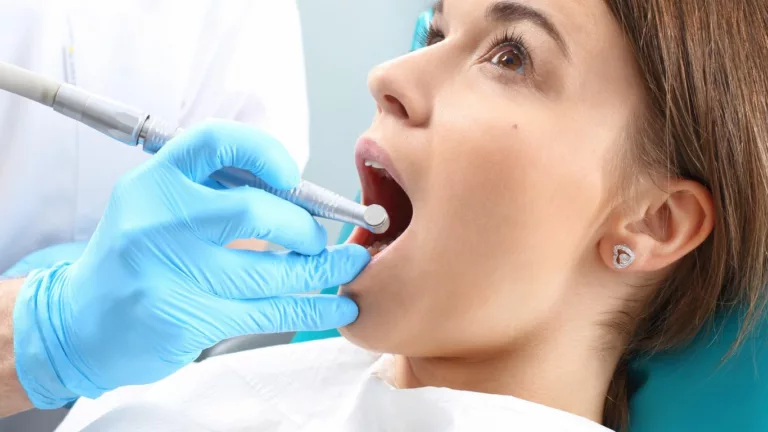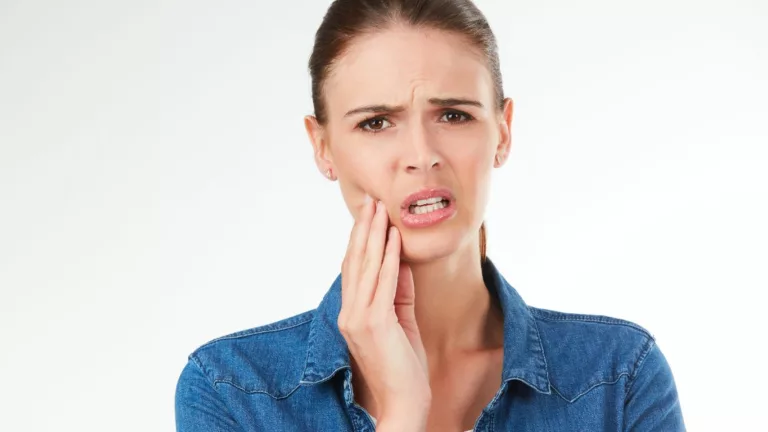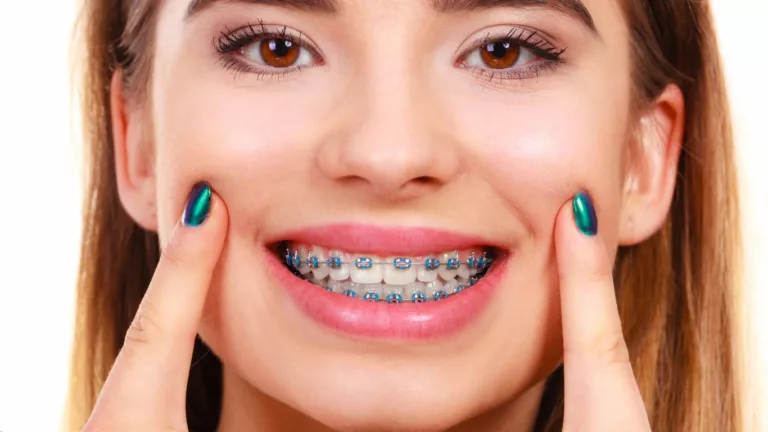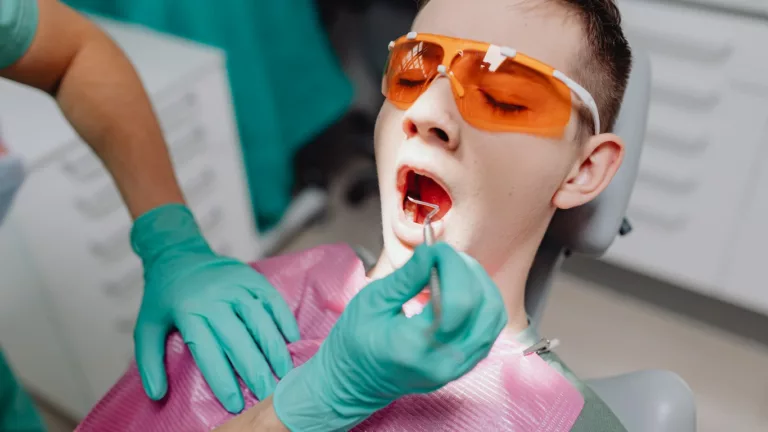Can You Eat Ice Cream with Braces? – A Comprehensive Guide
Curious about eating ice cream with braces? Explore our detailed guide on safety, tips, and braces-friendly alternatives to enjoy your favorite treat without worries.
Ice cream is a beloved treat for many, but if you have braces, you might be wondering if you can still indulge. Braces require careful attention to diet to avoid damage and ensure effective treatment. This guide will address whether you can safely eat ice cream with braces, potential issues to be aware of, and alternative treats that are both braces-friendly and satisfying.
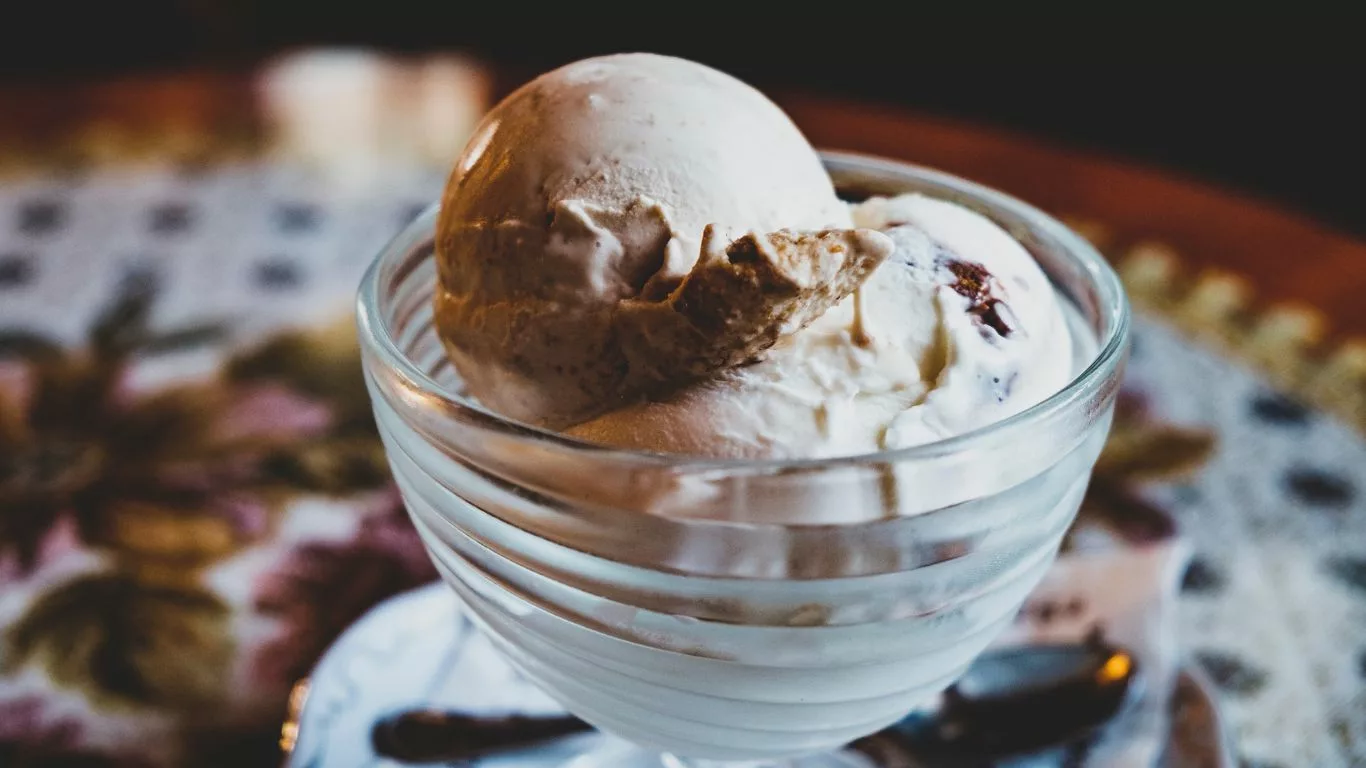
Is Ice Cream Safe for Braces?
Generally, ice cream can be consumed safely with braces, but there are a few considerations to keep in mind to prevent any complications.
Texture Matters
The texture of the ice cream is crucial when you have braces. Soft, smooth ice cream is usually fine, as it’s less likely to cause issues. However, ice cream with hard or crunchy add-ins, such as nuts, toffee, or caramel, can pose problems. These additions can damage the brackets or wires of your braces or become lodged in the brackets, which may lead to discomfort or difficulties in cleaning.
Temperature Considerations
The cold temperature of ice cream generally doesn’t harm braces, but if your teeth are sensitive due to recent adjustments or other reasons, extremely cold ice cream might cause discomfort. If you experience sensitivity, let the ice cream sit for a few minutes to soften slightly before eating.
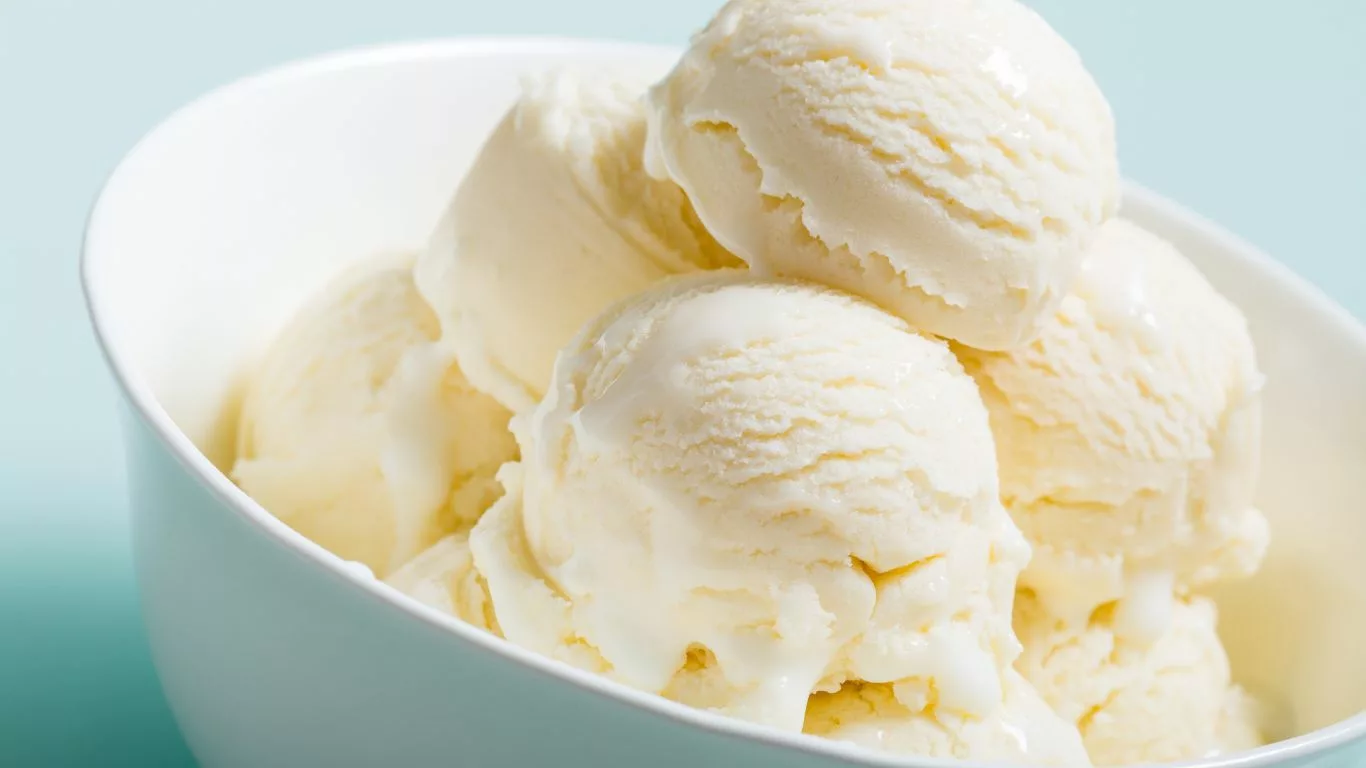
Tips for Enjoying Ice Cream with Braces
To enjoy ice cream while caring for your braces, consider these practical tips:
Choose Soft Varieties
Opt for smooth, soft ice cream flavors and avoid those with hard mix-ins. Classic flavors like vanilla, chocolate, or strawberry are typically safe choices. Ensure that the ice cream does not have chunks of hard candy, nuts, or other solid ingredients that could harm your braces.
Maintain Good Oral Hygiene
After enjoying ice cream, it’s essential to maintain good oral hygiene. Brushing your teeth thoroughly will help remove any sugar and residue that may be trapped around your braces. Flossing is also crucial to dislodge any particles that may be stuck between your teeth and braces. This helps prevent plaque buildup and cavities.
Practice Moderation
While ice cream can be part of your diet, it’s best enjoyed in moderation. Frequent consumption of sugary foods can contribute to plaque buildup and increase the risk of cavities, which can be more challenging to manage with braces. Limiting your ice cream intake and balancing it with other braces-friendly foods will help maintain your oral health.
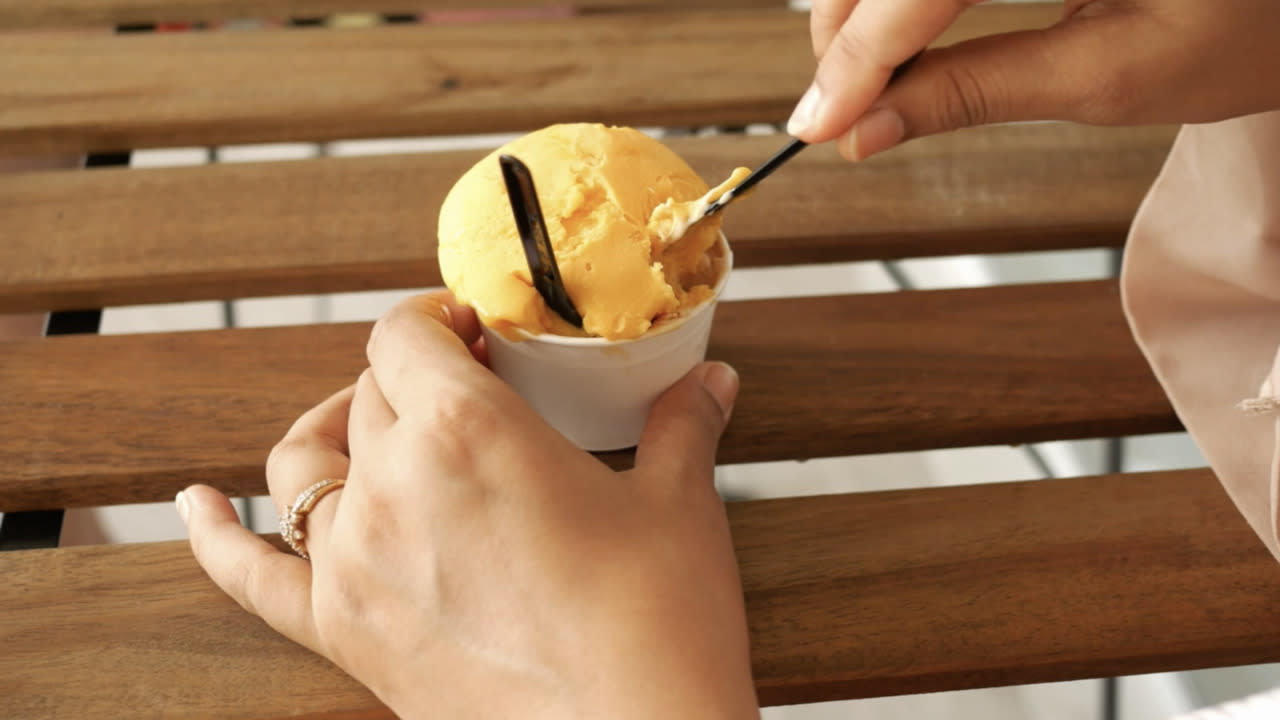
Braces-Friendly Ice Cream Alternatives
If you’re looking for alternatives to traditional ice cream, there are several braces-friendly options that can still satisfy your sweet cravings:
Frozen Yogurt
Frozen yogurt is an excellent alternative to ice cream. It’s available in many flavors and is typically softer than ice cream. Choose plain or low-sugar varieties to avoid excessive sugar intake. Frozen yogurt is also easier to clean off your braces compared to traditional ice cream.
Smoothies
Fruit smoothies can be a refreshing and nutritious alternative to ice cream. Blend fruits like bananas, berries, and mangoes with yogurt or milk for a creamy, braces-friendly treat. Smoothies can also be fortified with additional nutrients like protein powder or greens for added health benefits.
Homemade Ice Cream with Soft Fruits
Consider making your own ice cream at home using soft fruits such as bananas or peaches. Blend the fruit with yogurt or a bit of milk and freeze the mixture for a natural, gentle treat. Homemade ice cream allows you to control the ingredients and ensure it’s suitable for braces.

Conclusion
Ice cream can be enjoyed with braces if you take certain precautions. Soft, smooth varieties are generally safe, but be cautious with hard or crunchy add-ins. Maintaining excellent oral hygiene after consuming ice cream is essential to avoid plaque buildup and cavities. By following these tips and considering braces-friendly alternatives, you can enjoy your favorite treats without compromising your orthodontic care.
Appendices
References
For more information on managing diet with braces, refer to the following resources:
- American Association of Orthodontists (AAO). (2024). Braces Care and Diet Tips. Read Article
- National Institutes of Health (NIH). (2023). Oral Health and Orthodontics. Read Article
- American Dental Association (ADA). (2023). Caring for Braces. Read Article
FAQs
Here are some frequently asked questions about eating ice cream with braces:
- Can I eat ice cream with braces? Yes, you can eat ice cream with braces, but it’s important to choose soft varieties and avoid hard or crunchy add-ins that could damage your braces.
- Are there any ice cream toppings I should avoid? Yes, avoid toppings like nuts, caramel, or hard candy, as these can potentially damage your braces or get stuck in the brackets.
- What should I do after eating ice cream with braces? Brush and floss your teeth thoroughly after eating ice cream to remove any sugar or residue from around your braces. Good oral hygiene helps prevent plaque buildup and cavities.
Related Table
Here’s a summary table of ice cream and braces considerations:
| Type of Ice Cream | Suitability for Braces | Recommendation |
|---|---|---|
| Soft Vanilla | Suitable | Safe, enjoy in moderation |
| Ice Cream with Nuts | Not Suitable | Avoid |
| Frozen Yogurt | Suitable | Safe, opt for low-sugar options |
| Homemade Fruit Ice Cream | Suitable | Safe and nutritious |
Disclaimer: The information provided in this article is for educational and informational purposes only. It is not intended to be a substitute for professional dental advice, diagnosis, or treatment. Always seek the advice of your dentist or orthodontist with any questions you may have regarding dental health or braces. Never disregard professional dental advice or delay in seeking it because of something you have read in this article. Reliance on any information provided in this article is solely at your own risk.

Camellia Wulansari is a dedicated Medical Assistant at a local clinic and a passionate health writer at Healthusias.com. With years of hands-on experience in patient care and a deep interest in preventive medicine, she bridges the gap between clinical knowledge and accessible health information. Camellia specializes in writing about digestive health, chronic conditions like GERD and hypertension, respiratory issues, and autoimmune diseases, aiming to empower readers with practical, easy-to-understand insights. When she’s not assisting patients or writing, you’ll find her enjoying quiet mornings with coffee and a medical journal in hand—or jamming to her favorite metal band, Lamb of God.



